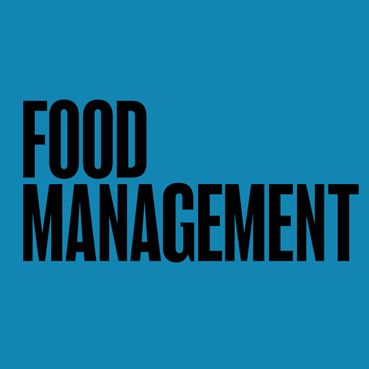A Texas-Sized Solution to School NutritionA Texas-Sized Solution to School Nutrition
April 1, 2004
FM Staff
The Agriculture Department of the State of Texas recently announced sweeping changes in the school lunch policies for systems participating in the federal School Lunch, School Breakfast and After School Snack programs. Almost all the state's public systems participate in that program.
Some of the changes will be phased in while others will be effective August 1 with the start of the 2004-05 school year.
Among the changes:
phasing out of deep-fat fried foods by 2009
no "seconds" on fatty foods and sweets in the lunch line
limits on fats, sugars and any products containing "trans fats"
smaller portions of sweets, fatty and snack items
more skim milk, fruit juices and fresh fruits and vegetables
a ban on competitive food sales by school groups and vending machines during school hours
The strictest restrictions fall on elementary schools, where candy will be banned. It will be restricted to after lunch in middle-and high schools. The policy-does not affect existing contracts with soft drink and snack suppliers, but all future contracts must conform to its guidelines.
Schools found to be in violation will see their meal reimbursements disallowed, State Agricultural Commissioner Susan Combs says.
...meanwhile in San Francisco
A total ban on "junk" food in all system schools.
San Francisco Schools have completed the phase-in of
one of the nation's toughest healthy-school-food policies— a "no empty calories" standard for all foods and drinks sold during school hours, from kindergarden through 12th grade. The guidelines set limits on fat and sugar content as well as minimums for nutrients.
The plan was piloted in a single middle school last spring and began system-wide implementation last fall. Full implementation is the goal for the current semester.
The policy focuses on delivery outlets outside federal school nutrition programs, especially a la carte cafeteria sales, student stores, snack bars and vending machines.
Among the standards: only plain bottled water, low-fat and skim milk, 100% fruit juice and fruit juice water blends with no added sweeteners are approved beverages. Entrees, sides and snacks must meet maximums on fat and sugar content and must contain specified levels of nutrients. Portion sizes are limited.
About the Author
You May Also Like




.jpg?width=300&auto=webp&quality=80&disable=upscale)

